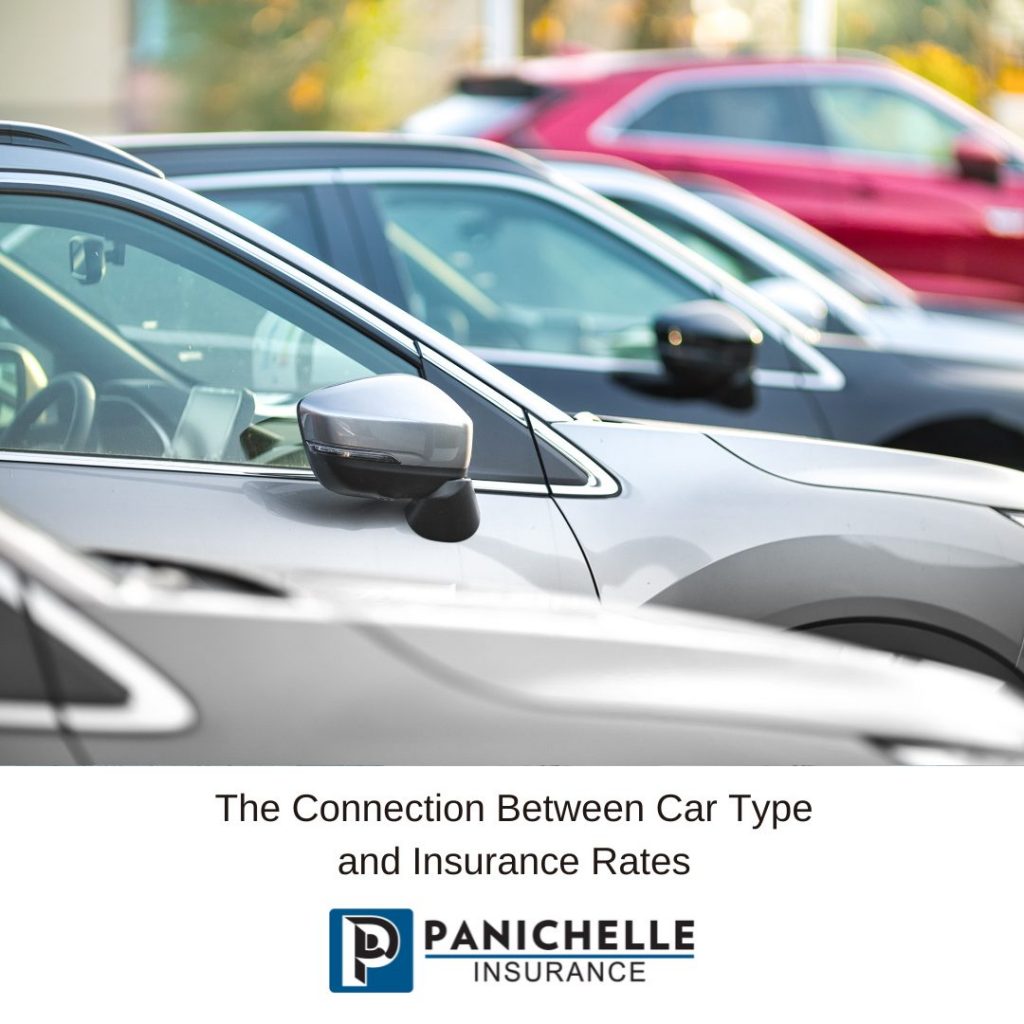In the complex world of car insurance, numerous factors influence the premiums you pay. While your driving record and location play significant roles, the type of car you drive also affects how much you’ll pay for coverage. Understanding the connection between car type and insurance rates can help you make informed decisions when purchasing a vehicle and selecting insurance coverage. Let’s explore this relationship in more detail.
Vehicle Value and Cost of Repair:
Insurance companies consider the value of your car when determining premiums. Generally, the more expensive your vehicle is, the higher your insurance rates will be. This is because it would cost more to repair or replace a luxury car compared to a standard sedan in the event of an accident. Similarly, high-performance vehicles often come with hefty price tags, leading to higher insurance premiums.
Safety Features and Crash Test Ratings:
Cars equipped with advanced safety features such as adaptive cruise control, automatic emergency braking, and lane-keeping assistance are generally cheaper to insure. These features reduce the risk of accidents and injuries, making these vehicles less of a financial liability for insurance companies. Additionally, cars with high crash test ratings from organizations like the Insurance Institute for Highway Safety (IIHS) may qualify for discounts on insurance premiums.
Likelihood of Theft:
Certain car models are more appealing to thieves, increasing the risk of theft and vandalism. Insurance companies take this into account when determining premiums. Vehicles with anti-theft devices or those that are less likely to be stolen typically qualify for lower insurance rates. For example, SUVs and pickup trucks are often targeted by thieves, whereas family sedans and minivans are less attractive targets.
Performance and Driving Habits:
High-performance cars are not only more expensive to repair but also more prone to accidents due to their powerful engines and responsive handling. As a result, insurance rates for sports cars and luxury vehicles are often higher than those for economy cars. Additionally, drivers of sports cars are more likely to engage in risky driving behaviors, such as speeding and aggressive driving, further increasing insurance premiums.
Repair Costs and Availability of Parts:
The cost and availability of replacement parts can significantly impact insurance rates. Cars that are more expensive to repair due to the scarcity of parts or specialized labor may result in higher premiums. Conversely, vehicles with readily available and affordable parts typically have lower insurance costs. This is especially relevant for imported or luxury vehicles that require specialized servicing.
Age and Condition of the Vehicle:
Older cars with high mileage may be cheaper to insure because they have lower values and are less attractive to thieves. However, if the vehicle lacks modern safety features or has a poor crash test rating, insurance rates may still be higher to account for increased risk. On the other hand, brand new cars may come with higher insurance premiums due to their higher values and repair costs.
Understanding how your car type influences insurance rates is essential when shopping for a new vehicle or renewing your insurance policy. While you may not be able to change certain factors, such as the make and model of your car, you can take steps to mitigate insurance costs. This includes installing anti-theft devices, opting for vehicles with advanced safety features, and maintaining a clean driving record.
Your choice of vehicle plays a pivotal role in determining your insurance rates. Factors such as vehicle value, safety features, theft likelihood, performance, repair costs, and age all contribute to the equation. By being mindful of these factors and taking proactive measures to reduce risk, you can strike a balance between your car type and insurance affordability. At Panichelle Insurance, we’re here to guide you through this process and help you find the coverage that best suits your needs.

